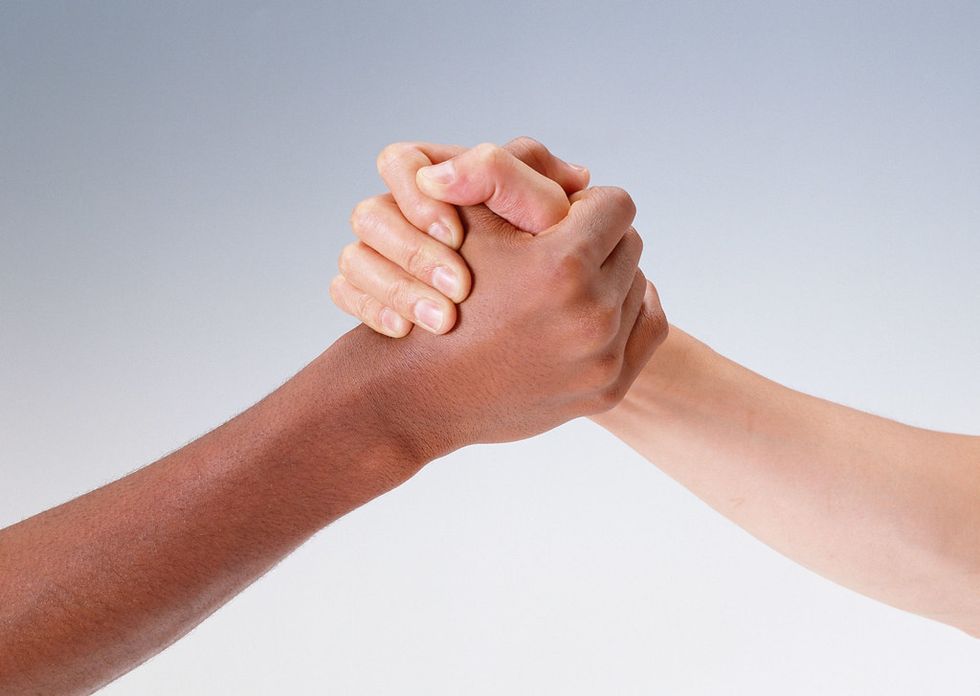A natural disaster hits, and thousands are displaced from their homes. They watch as their belongings get swept away into the rising and unforgiving floodwater. With a family of five and both parents now out of a job, what are they to do? Kind, selfless people, eager to relieve their suffering, rush to determine the best way to help. This mass rush results in a wave of non-governmental organizations pouring into the affected location, working to rebuild, clothe, feed, and support those in need. NGOs have successfully provided care for countless people and gotten them back on their feet after undergoing tragedies. Many have worked to improve lives on a transnational scale, and their presence has positively impacted refugees, tsunami survivors, and hurricane victims around the world for decades. But has everything they've done been for the betterment of those who are stuck in poverty?
I used to believe that all NGOs were fully beneficial to the world economy and the global population. I thought that they simply respond to disaster and provide care for those who need the extra support most direly. Slowly, however, I've grown to realize that there is an entire web of interconnecting issues surrounding the topic of poverty, and that its biggest supporters are sometimes the NGOs themselves. Enabling is a critical aspect of the problem of global economic disparity. When non-profit organizations drop in to give free clothes, food, and supplies to people in poorer countries, this can create a type of dependency by allowing people to sit back and wait for others to provide for them, rather than learning how to do it themselves. If rice is continually dropped into a country for years, the inhabitants of that country receiving it stop taking the initiative of their own rice farms, and they begin to solely rely on what is freely being provided for them instead. But what happens when rice is needed somewhere else? The free food subsides, and the country is left hungry. Local production has been compromised, and a supposedly helpful action resulted in a damaged economy.
Those who are not as fiscally fortunate have gained the reputation of being dependent and needing the pity of others. But what people haven't realized is that they don't want pity, and they certainly don't want to be helped forever. This is a misconception that has plagued the whole aid industry for decades. Outside organizations attempting to help and make things better have poured time and money into trying to treat symptoms, while failing to cure the actual disease: a lack of jobs and opportunities. Creating as many jobs as possible would exponentially lower the rate of poverty and liberate future generations from suffering the same fate as previous ones. Instead of just dropping free items into countries, NGOs could start creating profitable work opportunities for locals. According to a documentary called Poverty, Inc., one woman created a jewelry business for people living in Haiti, and by giving 200 people jobs, she improved the lives of at least 750 children.
Now, I don't want to come across as a hater of all things free and ungrateful to those who have generously donated to those in need. My main point in writing this article is to encourage people to be aware of the dangers of reproducing poverty through dependence on aid. It's absolutely and 100% necessary to provide food for those after a disaster and help people rebuild their houses after a hurricane, but non-profit organizations must also be regulated and work towards helping countries become self-sustainable rather than creating life-long dependency.

















